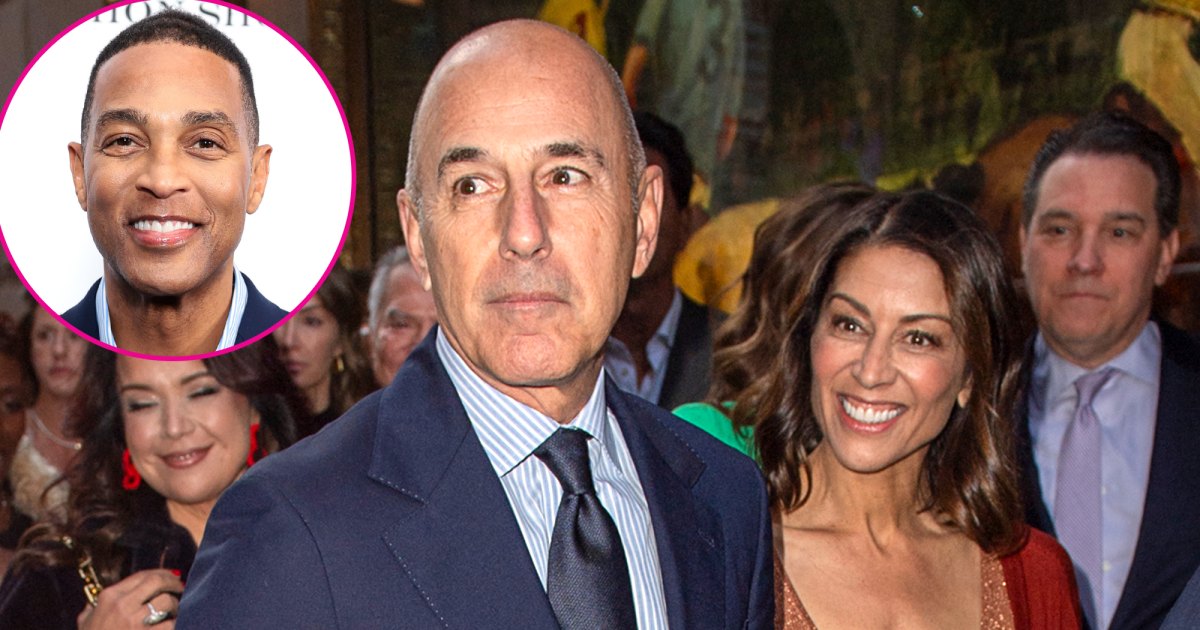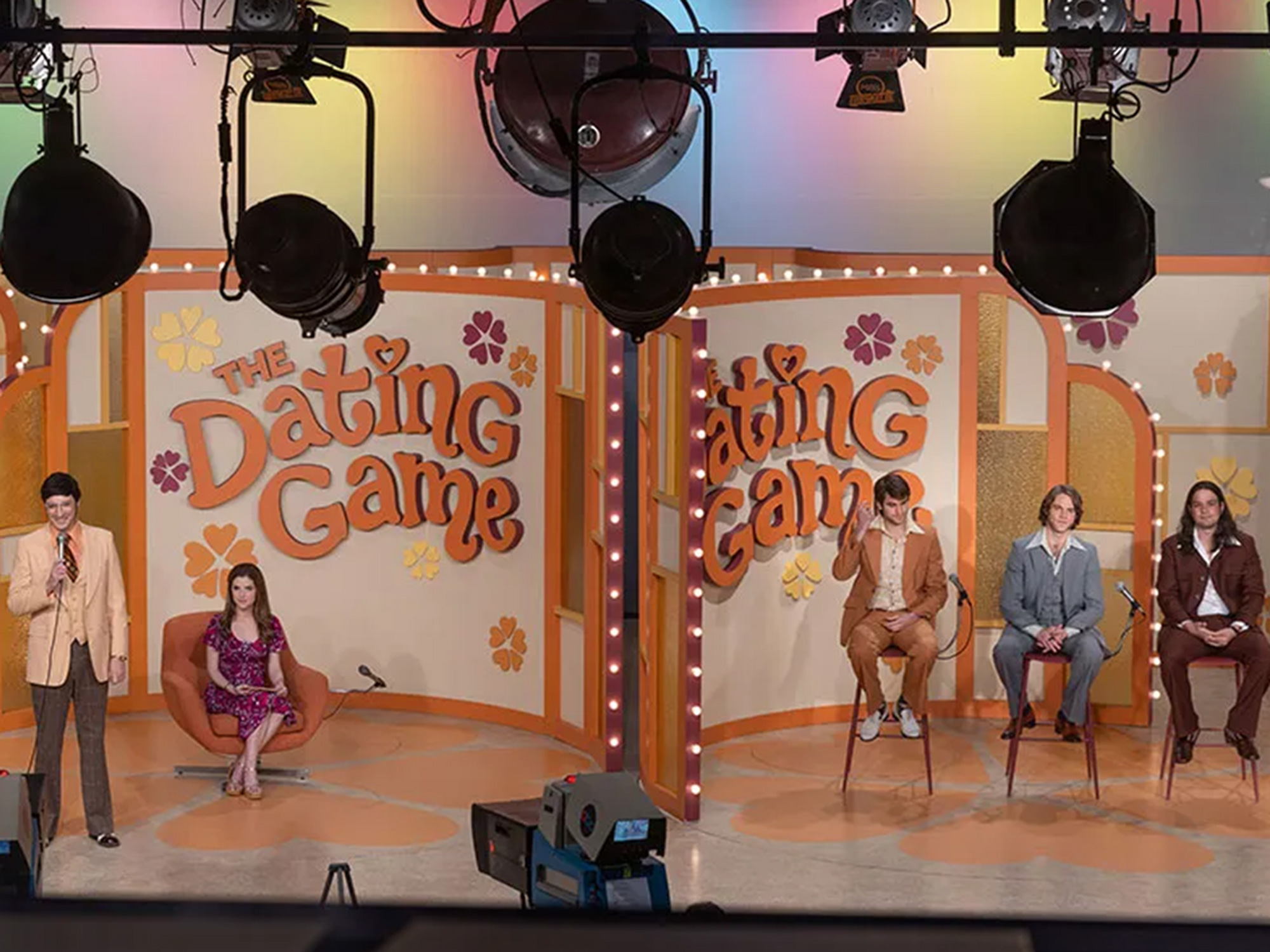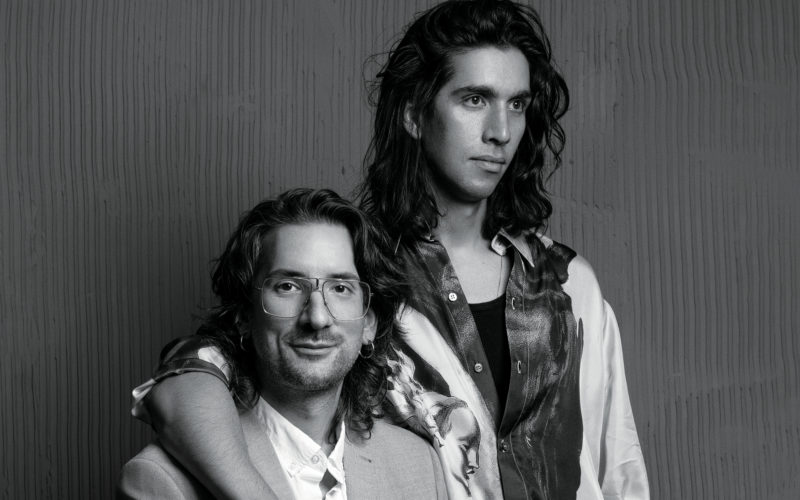ComingSoon Editor-in-Chief Tyler Treese spoke to Elvis director and co-writer Baz Luhrmann about the process behind making a film about Elvis Presley. Luhrmann spoke about how Black music influenced Elvis and his work on The Get Down. Elvis is now available digitally and is streaming on HBO Max and will be available in 4K UHD, Blu-ray, and DVD on September 13.
“From his rise to fame to his unprecedented superstardom, rock ‘n’ roll icon Elvis Presley maintains a complicated relationship with his enigmatic manager, Colonel Tom Parker, over the course of 20 years,” reads the film’s synopsis. “Central to Presley’s journey and happiness is one of the most influential people in his life — Priscilla.”
Tyler Treese: Elvis is this larger-than-life figure. What was the biggest challenge in capturing that scope of his persona and the cultural impact he had while also showcasing the person beneath that? Because it’s so easy to get like caught up in the myth.
Baz Luhrmann: You’ve actually answered it kind of perfectly. It’s so easy to get caught in the myth, and the biggest challenge — and I think this is where Austin Butler’s incredible dedication, almost inhuman dedication — is to humanize Elvis. Like the person, you know? You’re right. Did he do a great job of reproducing Elvis on stage in Vegas? Yes. Was I able to say, “look, that’s exactly the camera angle,” and copy it? Yes. But the thing that an audience really wants to understand is, “who is this human being? Where did he come from?” There was no precedent for Elvis Presley.
It’s a bit like when I did The Get Down [a series created by Luhrmann.] I worked with Grandmaster Flash — really close friends, we were — and he said, “we thought that hip hop would not come outside the Bronx.” So what was going on in terms of Black music, which I really wanted to show — no black music, no Elvis — And the sounds, and then the chain reaction, blending it with gospel and country. But where does that person come from? “What kind of human being is mocked at school, hangs out on Beale Street, and then finds his own musical language and style that goes on to become the biggest influence in the globe? There just wasn’t a precedent, but what is the person like? So that’s the main trial, like what is the person like? That was the biggest challenge.
Beyond Elvis, this film covers decades of America. We see these major political events occur, we see segregation, and it’s this exploration of Americana to a degree. So as an Australian, how rewarding was the research period? Because I feel like sometimes we do need an outside eye to really capture the narrative.
It’s probably something in that, Tyler. Not only am I an outside eye, [but] I come from a tiny, tiny country town. So America … it was my attraction and joy to just lose myself in America, in the 50s, 60s, and 70s, and really understand the American journey through the canvas — using Elvis kind of as a canvas — that’s what got me going. I went to live it, you know? When I make my movies, I just live it. I had two years [where] I was up and down from Memphis. At one stage, I had a space at Graceland with every photo we could find of Elvis, charts, and things like that. Tracking down that scene in the Pentecostal tent where Elvis was just running those kids, I found that little boy that goes to drag him back. I found that boy as a much older man, he passed away just last year. And I have a video of him telling that story verbatim. I didn’t make that story up, it’s just what happened, you know? So to me, that’s the most enjoyable part of the process. Just living the research and living the world, you know? And then the more difficult part is actually making it.
I was curious about your writing process because Tom Parker is so pivotal to Elvis, but you use him as an anchor point for the film’s narrative. When writing the film, when did you realize that this was the direction to go? Because their toxic relationship is so interesting and that leads to a great movie.
Elvis Presley represents America, but I couldn’t work out how to get in. And then … I guess it was a change, a change that we’re experiencing now, this kind of division in America and in the world … and that was sort of happening. Then I started to learn a lot about the Colonel, and I went, “ah!” In the same way that Amadeus isn’t really about Mozart, there are two characters in that story, one called Salieri, and that movie’s about jealousy. And I thought, “gee, Colonel would be a great counterpoint.” Because one is about the American idea of sell and brand and roll up and hype, you know? And what the other character is kind of pure soul, who’s a sort of funnel for all that’s happening around him, musically and culturally, and he’s affecting youth. Just two really great counterpoints to explore America, just like you said, in those three periods.
Elvis’s family, particularly Lisa Marie and Priscilla, have praised the film so heavily. What did that mean to get that stamp of approval for something that’s so personal to them?
That was everything Tyler, that was everything. They don’t really control the estate, and I had some engagement with them some years ago and then, of course, [the] pandemic and trying to keep the film going .. I lost contact and, understandably — and I cannot say it enough — I really understood that Priscilla would be nervous about what I was going to do and could Austin do it? So when she saw it and had such an incredible reaction, and then when Lisa Marie saw it and had an incredible reaction … I mean the whole family embraced us like a family. Once they saw the movie, it’s like they brought us into their world. Barbecues at Graceland. It’s a very close relationship now, the film did that for us all. And I think it’s brought them all closer together.
You mentioned your work on The Get Down earlier, and you also talked about how Black music inspired Elvis. There’d be no Elvis without that. In this soundtrack, we’ve got Denzel Curry, we’ve got Doja Cat. We have all these great hip-hop artists. Can you speak to your appreciation of hip hop culture and rap music? Because we hear that throughout the film and you can see that throughline to Elvis’s music.
In a way, there’s a throughline into even Gatsby, because in Gatsby‘s period, Fitzgerald writes about a Black street music that was very edgy and it was called jazz. And everyone thought that jazz music would be a fad. But when JayZ and I worked on Gatsby … [with] that kind of jazz, it’s hard to make an audience feel that this is really edgy street music. So we translated it into hip hop. Same thing a bit with Elvis. The great thing about hip hop is it refuses to know boundaries. It still knows no silo, you know? With Lil Nas X doing country music as rap, it’s completely blind to any wall that might stop it from gathering and making something new. In a way, that’s what all that music is. Music is always transforming, changing itself, blending, going somewhere unexpected. I think I kind of make movies like hip-hop artists make music, in a way. They take to many other forms and they make something completely new.
Speaking of your own music, I was listening to “Everybody’s Free (To Wear Sunscreen)” today and the message of that song and that original essay are just as impactful now as in 1997. So, reflecting on that, how is it to see that song still resonating with people two decades later?
It’s funny about that, Tyler, because back in the day … I mean I’d only made Romeo + Juliet. I did it straight after Romeo + Juliet and the world wide web was a new thing. I kind of did it as a way of making a point about … everyone thought it was Kurt Vonnegut but it was actually Mary Schmich who wrote it — the Chicago Tribune journalist. I did it because the ideas in the writing were resonant and relevant. It doesn’t matter who wrote it, they were resident and relevant. And I think that just proves the point. It’s not about who wrote something it’s about that it’s actually truthful. There’s a truth in that that has continued down through the times. It’s kind of one of these things beyond me. All I did was help give birth to it. In the end, it’s a bit like the Elvis movie. I just give birth to it, but now it’s got a relationship with the audience that has nothing to do with me. It’s just the movie and the audience. I’m just the parent sort of thing.


















:quality(85):upscale()/2023/09/13/661/n/1922564/e914a1066501cc897903d6.08615338_.png)









